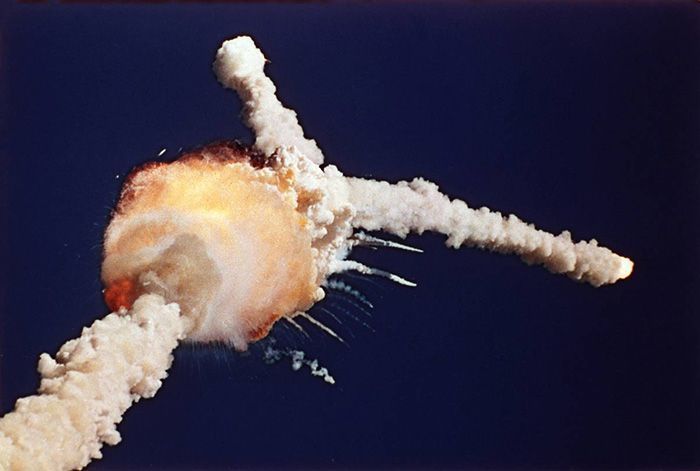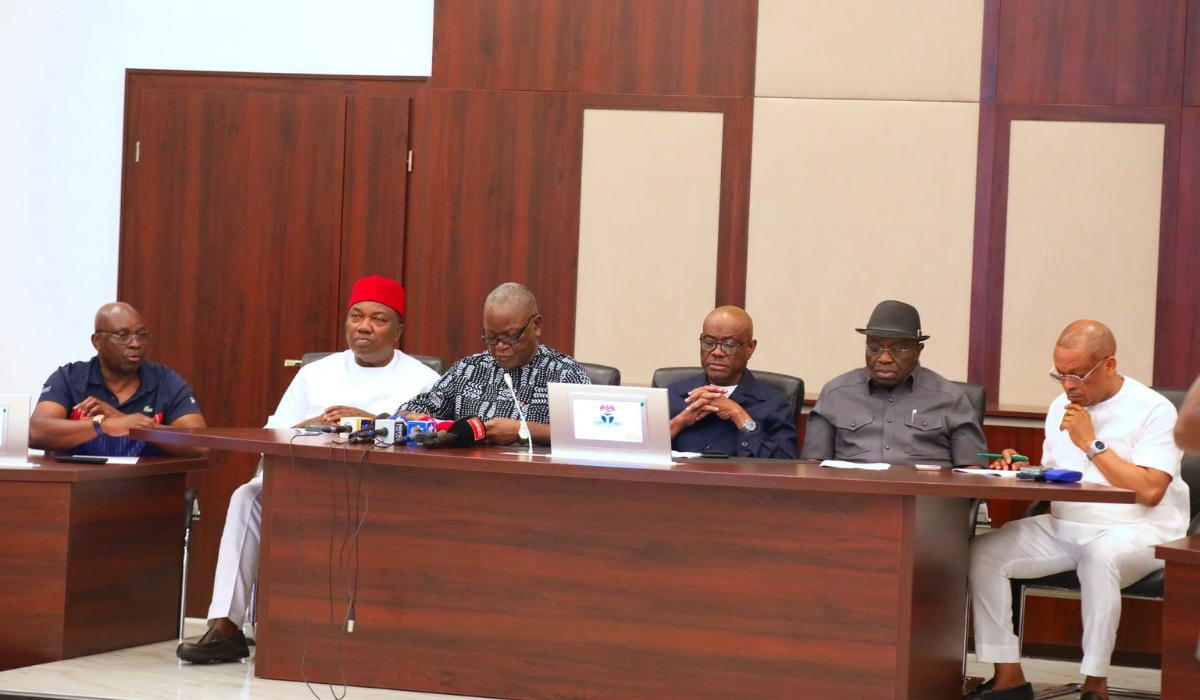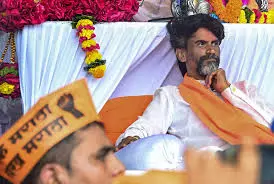Thailand vs. Cambodia: Border Tensions Escalate with ICC Lawsuit Threat

The relationship between Thailand and Cambodia has been fraught with complex disputes concerning their shared border, marked by allegations of aggression, violations of international law, and ongoing diplomatic efforts. Recent events have highlighted a challenging atmosphere, with Thailand actively refuting various claims and taking measures to secure its sovereignty and protect its citizens.
A significant point of contention has been the dissemination of false information. Thailand’s Ministry of Foreign Affairs unequivocally rejected claims circulating on social media, reportedly cited by Cambodia’s Minister of Information, that Thailand was plotting to assassinate Cambodian leaders Hun Sen and Hun Manet. Nikorndej Balankura, Director-General of the Department of Information, denounced these accusations as unfounded and defamatory, emphasizing that such disinformation undermines the spirit of dialogue during General Border Committee (GBC) discussions. This issue is part of a broader trend, as the Ministry of Digital Economy and Society (DES) reported that eight out of ten top fake news items in a recent week were related to the Thai-Cambodian border conflict, indicating a prevalence of misinformation surrounding the situation.
Another critical aspect of the conflict involves the detention of 18 Cambodian soldiers. Thailand maintains its legal right under international law, specifically the Geneva Conventions, to detain these prisoners of war (POWs) until a concrete and fully effective ceasefire and cessation of hostilities are in place. Royal Thai Army spokesman Maj Gen Winthai Suwaree clarified that this measure ensures the detainees will not return to combat. He stressed that Thailand's actions are lawful and comply with humanitarian principles, a stance supported by allied countries and international organizations. The International Committee of the Red Cross (ICRC) has been granted access to inspect the detainees' conditions, further affirming Thailand’s adherence to international norms.
The issue of landmines has also drawn international attention and condemnation. Thailand has accused Cambodia of violating the Ottawa Convention on landmines, an incident that occurred shortly after a GBC meeting where Cambodia rejected Thailand’s proposal for joint landmine clearance. Thailand's ambassador to the UN in Geneva and New York has protested these incidents to the chair of the Ottawa Convention and the UN secretary-general, requesting action against Cambodia. International observation teams, including ASEAN envoys and representatives from Ottawa Convention ratifying countries, visited Si Sa Ket province to witness evidence of anti-personnel mines allegedly laid by Cambodian troops and to speak with affected residents. The Royal Thai Army will lead an ASEAN Interim Observation Team (IOT) to the border to monitor alleged breaches of international law and ceasefire conditions, and the ICRC has also assessed the humanitarian impact of cross-border attacks on civilians in affected Thai provinces, committing to submit a confidential report to both nations.
Thailand has also raised concerns about border encroachment and the alleged misuse of humanitarian aid. Government spokesman Jirayu Houngsub asserted that Cambodia betrayed Thai hospitality by establishing a community at Ban Nong Chan village in Sa Kaeo, originally a temporary shelter for Cambodian civil war refugees in 1977. Jirayu stated that Cambodia exploited this humanitarian gesture to encroach on Thai soil, with refugees refusing to return home and expanding their community. To protect its territory from further encroachment and attacks by Cambodian troops, who have also laid landmines, Thailand has erected razor wire entirely within its boundaries, a measure confirmed to be in line with GBC agreements.
In response to the conflict's severe consequences, legal actions are being considered against Cambodian leaders. Acting Prime Minister Phumtham Wechayachai mentioned that academics might propose suing Cambodian Prime Minister Hun Manet and his father, Hun Sen, in the International Criminal Court (ICC) as war criminals. Furthermore, the National Security Council (NSC) has resolved to file both criminal and civil lawsuits against Hun Manet and Hun Sen in Thai courts for causing deaths, injuries, and property damage to Thais by ordering troops to fire at civilians. These developments underscore Thailand’s commitment to upholding international law and seeking justice for the impact on its citizens and territory.
Recommended Articles
Border Blazes: Thailand & Cambodia's Fiery Standoff Ignites Fears, Sparks ICC Threats

Tensions persist along the Thai-Cambodian border, marked by mutual accusations of assassination plots and territorial en...
Border Fury Erupts: Thailand and Cambodia Clash Over Land, Threats, and 'Fake News'!

Thailand faces escalating tensions with Cambodia, rejecting assassination plot claims and alleging border incursions and...
Southeast Asian Tensions Soar: Thailand and Cambodia Clash Over Border, Leaders Face ICC Threats

Thailand is actively addressing ongoing border tensions with Cambodia, rejecting assassination claims and confronting al...
Thai-Cambodian Border Crisis Escalates: Fake News, Incursions, and Calls for ICC Action

Thailand is grappling with escalating border tensions with Cambodia, marked by refuted assassination claims, pervasive f...
Border Fury: Thai-Cambodian Tensions Mount Amid Assassination Plot Denials and Legal Threats

The Thai-Cambodian border remains a hotspot of diplomatic tensions, characterized by rejected assassination claims, disp...
Escalating Border Crisis: Thailand and Cambodia Lock Horns Amidst Assassination Rumors and Territorial Disputes!

Escalating tensions between Thailand and Cambodia are highlighted by Thai denials of alleged assassination plots against...
You may also like...
5 Ways To Practice Gratitude In Your Life

5 tried and tested ways to improve happiness and gratitude, in your life.
The Domino Effect: How Small Overlooked Events Triggered Some of History’s Biggest Disasters

One tree branch. One ignored warning. One tiny flaw. History proves the biggest disasters often begin with the smallest ...
US Government Makes History, Publishes GDP Data on Bitcoin Blockchain

The U.S. Commerce Department has begun publishing GDP data on public blockchains, including Bitcoin and Ethereum, signal...
Tornado Cash Saga Ends: Roman Storm Convicted in Landmark Crypto Trial

The Tornado Cash trial has concluded with co-founder Roman Storm found guilty of conspiracy to operate an unlicensed mon...
PDP Rift Deepens: Wike, Ortom, Fayose Set Terms for Crucial Ibadan Convention

The Peoples Democratic Party faces internal turmoil ahead of its November 15-16, 2025 national convention in Ibadan. A p...
Finland Jails Simon Ekpa: FG, Tinubu's Aide React to Landmark Conviction

The Federal Government of Nigeria has commended Finland's judgment sentencing pro-Biafra agitator Simon Ekpa to six year...
Border Blazes: Thailand & Cambodia's Fiery Standoff Ignites Fears, Sparks ICC Threats

Tensions persist along the Thai-Cambodian border, marked by mutual accusations of assassination plots and territorial en...
Maratha Fury: India Rocked by Quota Protests as Leaders Vow Escalation, Courts Scrutinize Inaction

Maratha quota activist Manoj Jarange successfully concluded his five-day fast after the Maharashtra government accepted ...